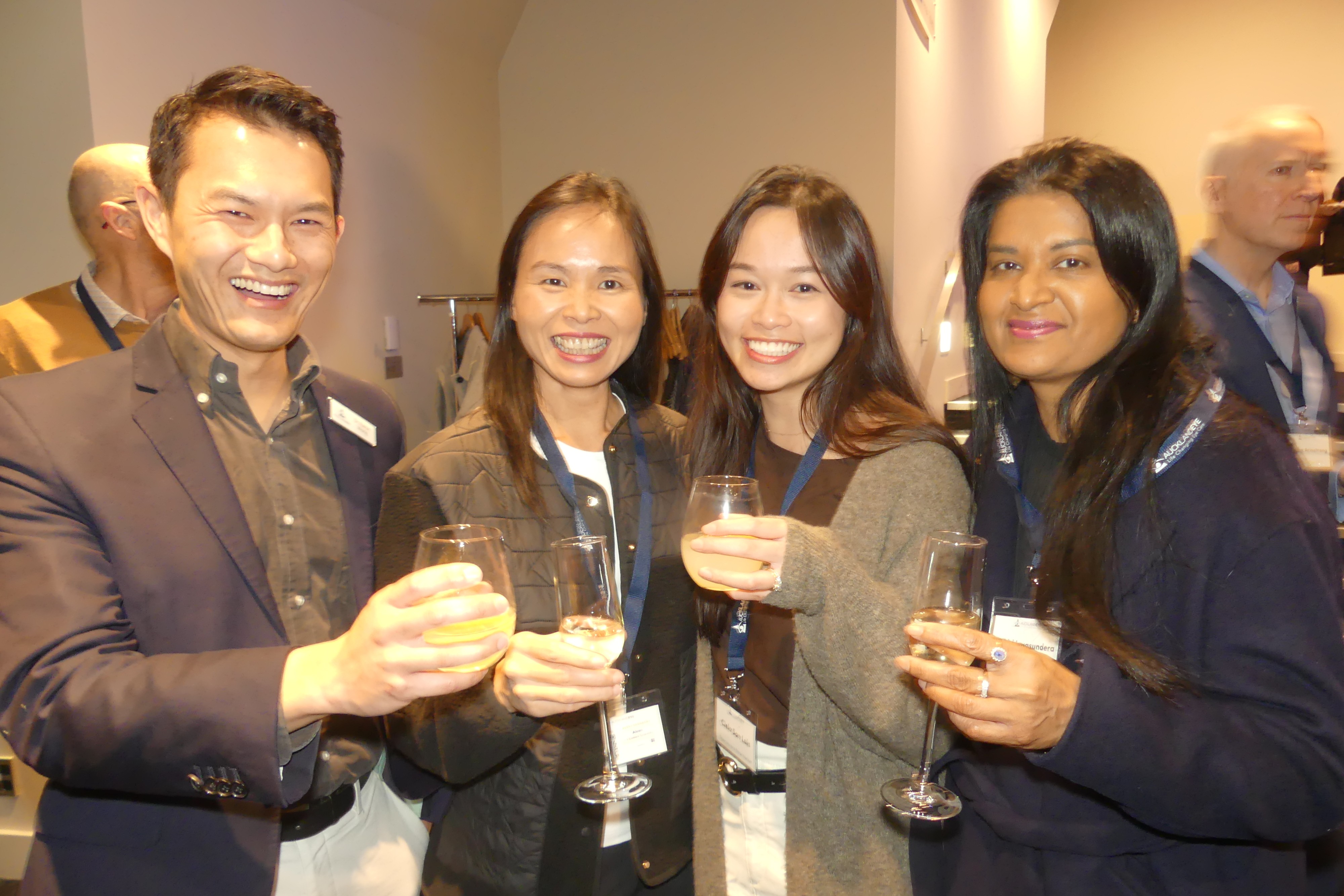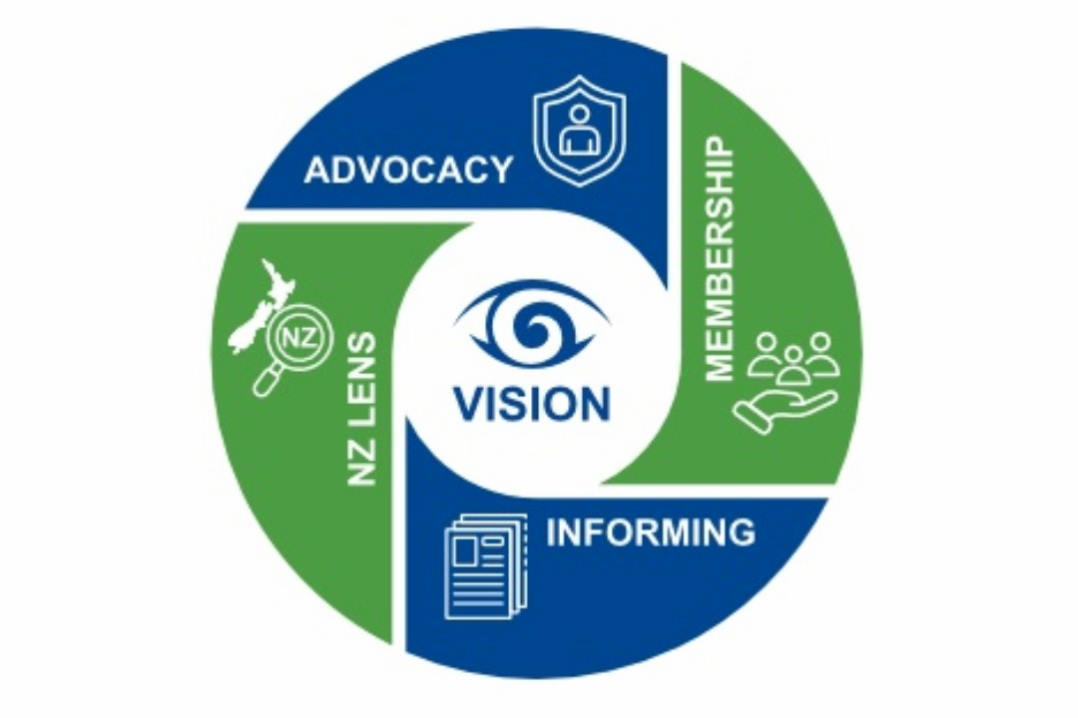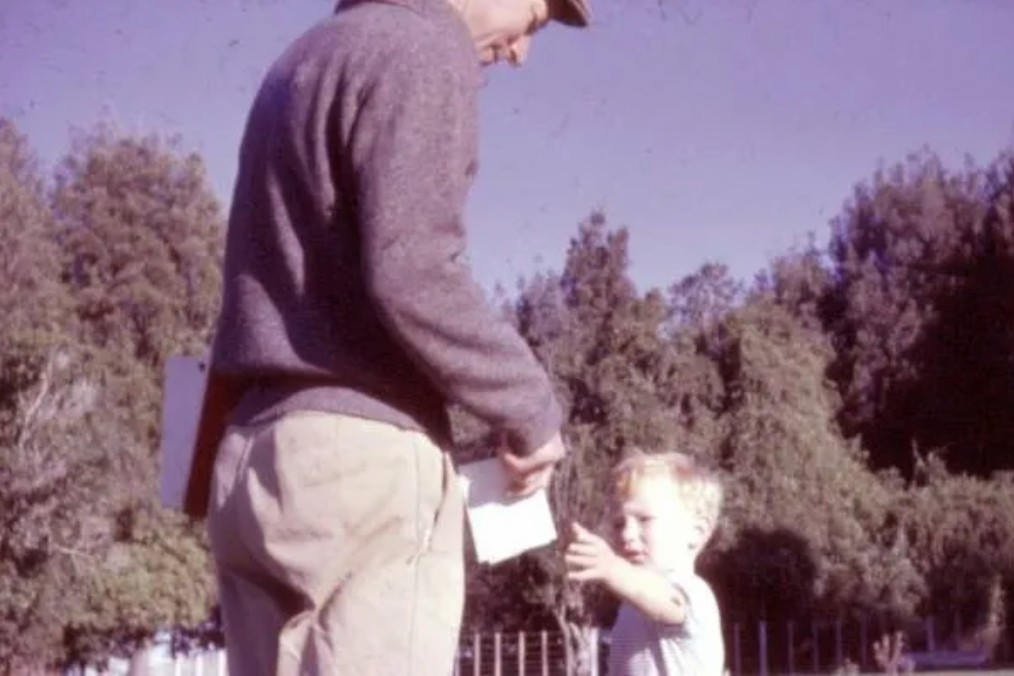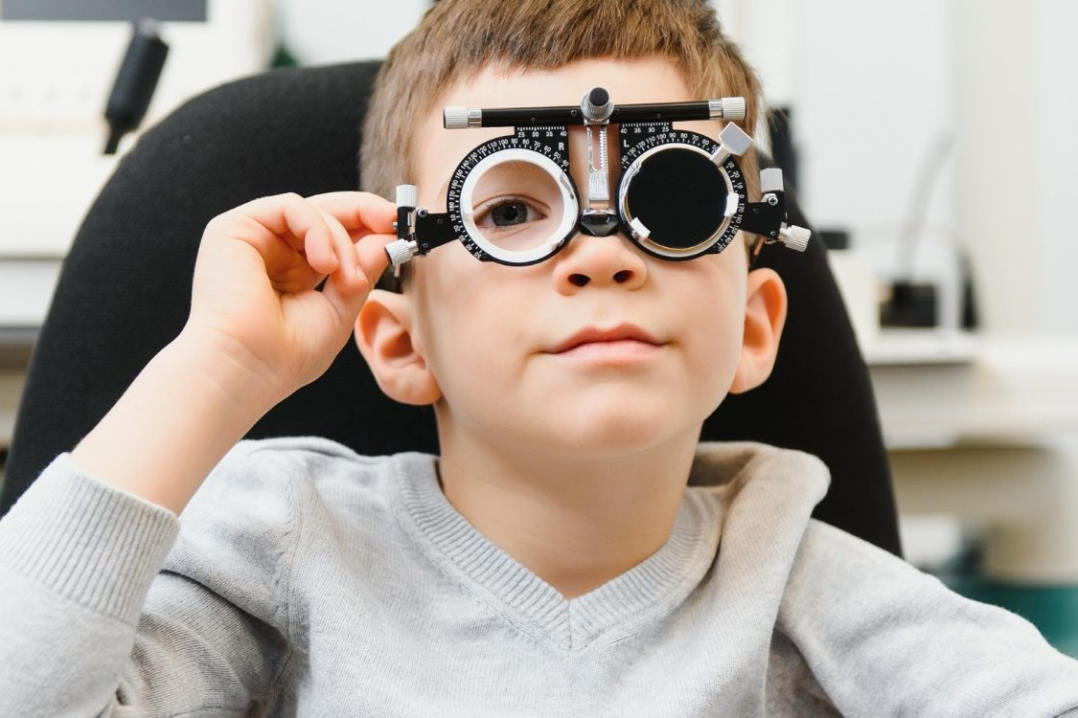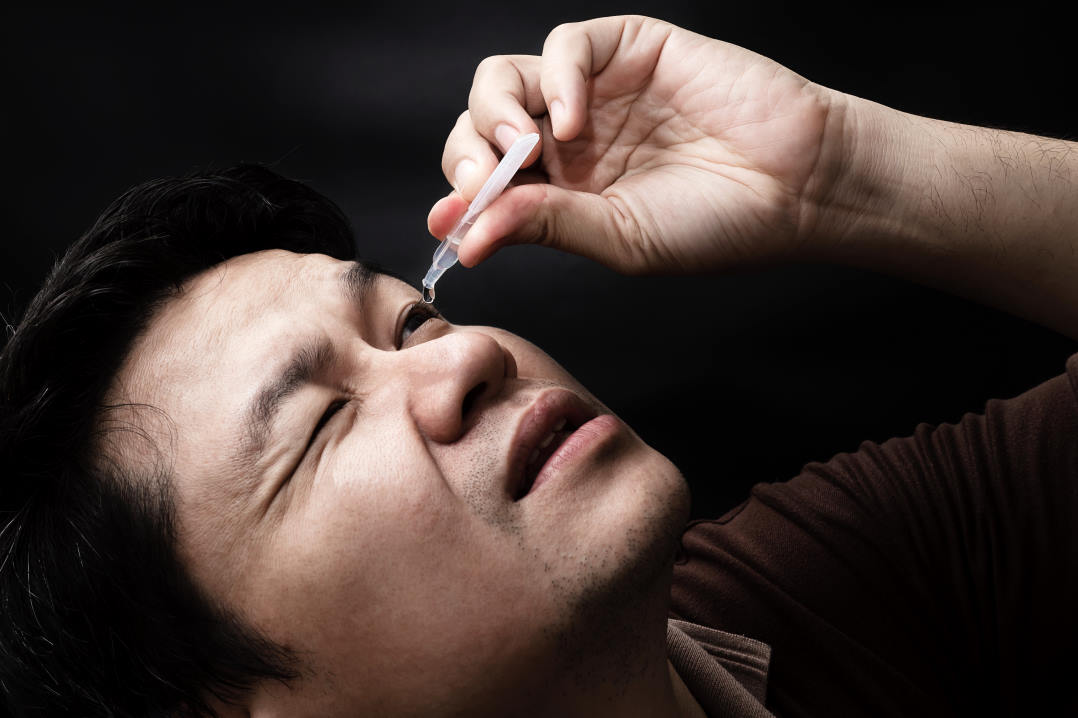And a little child shall lead them
In my early days of cane use I was always struck by people’s reaction to the thing. I suppose wheeling along three feet or so at the back end of a white stick separates the user a bit from the norm. The adults were a study on their own – everything from polite consideration to a wariness more suited to contact with a suicide-bomb suspect – but, as ever, it’s hard to trump kids when it comes to getting to the point. Recently, over coffee on Ponsonby Road, I got a refresher from a six-year-old at the next table who decided exercising her curiosity was more fun than sitting still.
“What’s that for?” she asked, pointing at the cane. Sensing this one wouldn't buy the 'magic wand' story, I fronted up and said it stopped me falling over things. She hit straight back with an almost accusatory “Why?”. Sticking to the theory that simple was the way to go with a half-pint version of the Spanish Inquisition, I said it was because I couldn't see anything, whereupon she hit me with another “Why?”. This forced me into a muttered apologetic retreat, vowing to submit a new chapter on ‘Out of the Mouths of Babes and Innocents' in The Cynic’s Handbook.
But, as they say, the enquiring mind knows no rest and once back in the armchair, it occurred to me that perhaps 'Why?' wasn't a bad question.
In the beginning was the Word
Lots of words are concerned with delivering the nuts and bolts of sight loss, including cause and effect, but not the elusive 'Why?' or, more importantly as far as I was concerned, 'Why me?'.
I decided a little personal reflection might add some foundation to my research. It’s not that I didn't appreciate all the information offered in those early years, I just didn't understand most of it. Then there was the social thing – I found some people get a bit uneasy getting close to someone suffering from something with a Latin name. Apart from priests, surgeons and the odd lawyer, not many bother with that stuff these days, so the mention of retinitis pigmentosa often proved a bit of a wet blanket. I found it far better to use 'RP', which seemed to somehow alleviate the fear of contagiousness.
…for they shall inherit
Genetic inheritance, according to the white-coat fraternity, is how the thing gets about. I guess that simplifies things for some, but not for me – it just dumped me at a crossroads. I was happy with the knowledge that, unlike Covid, it wasn't possible to get RP in McDonald’s or by touching a public access door, but the family aspect could get a bit dodgy. With my parentage best described politely as sketchy, that practically eliminated identifying the hereditary angle. So instead of rummaging through grubby skeletons, I decided I could better address the issue directly. Let’s face it, I already have the thing, so that made the test-tube folks’ 'how' a little redundant, forcing my thoughts back to the little horrors of 'why' and what proved to be the pursuit of futility. I'm usually too busy coping with reality to bother too much with the philosophical, but I suddenly found myself considering the 'what ifs'.
I discovered when you get into the 'what ifs', it’s pretty hard to find firm mental footing. It seemed pretty clear that my RP couldn't have sprung out of a laboratory, so science and logic got shoved out of the way, leaving room for all sorts of avenues, among them the possibility it could have been sent down from on high as a way of balancing my Earthly account. This thought was so radical it needed a couple of sips of Highland galvaniser to consider objectively. I usually avoid religion and politics as non-productive but, nevertheless, I felt a look ‘upstairs’ couldn't hurt. What if the old boy kept track of my occasional back-pedal and decided delivering something nasty but non-fatal would balance the books? But why? Most of my adult transgressions were pretty mundane, the sort of stuff you feel guilty about one day and forget the next.
Suffer little children
All of which brought me to my schooldays, which, since I was in honesty mode, could best be described as chequered. Certainly, there were punishable episodes, not least being caught exploring the contents of Spot Simpson's sister’s blouse. It was scarcely uncharted territory, by all accounts, but certainly a sin of sorts which I felt was dealt with by the 'six of the best' I received at the time. I wasn't choirboy material; I nudged a couple of commandments and tested a few of the seven sins, which thus far I'm pleased to report haven't turned out to be deadly.
Sadly though, despite exhaustive thought, the 'why' remains a mystery and as such the prospect of this piece being published in The Lancet or such is remote. My understanding is that they prefer evidence-based research rather than thoughtful speculation. So, in closing, I can only pass on a piece of advice gleaned from my deliberations: if ever you get grilled by an interrogator posing as a curious child, stick to the magic wand story – it'll simplify things!
Keep smiling, it’s good for you!

Born in the UK, our ‘white-caner’ columnist, retired Dunedin antiques dealer Trevor Plumbly, was diagnosed with retinitis pigmentosa more than 20 years ago and now lives in Auckland.














